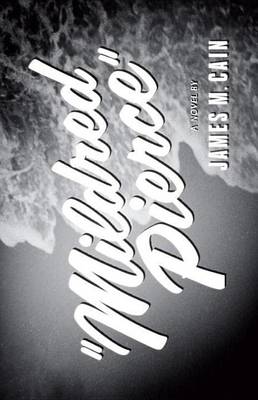
gmcgregor
Written on Aug 20, 2017
She's embarrassed to be forced into this service role...not just because it's hard for her personally, but because she's afraid of what her daughter Veda will think. The older of the girls, Veda is spoiled and selfish and snobby, and Mildred is completely devoted to her. Eventually, Mildred's hard work and a bit of luck lead her to open her own restaurant and attract the attentions of handsome socialite Monte, which Veda loves because his social connections open up an entire world of wealth to the now-aspiring musician. But Monte's fortunes fall, and soon he's taking Mildred's money but making no moves toward marriage. So she leaves him, but before long her relationship with Veda flounders. So Mildred and Monte renew their romance, though this leads to the ruin of everything Mildred holds dear.
The movie, to me, was in some respects more successful than the book. Some plot lines were cut and some were significantly changed to comply with the Code. In the book, Mildred's obsession with her daughter reads as almost romantic, which both explains why she clings to her so hard but honestly is also creepy. Mildred onscreen comes off as doormat-y as Joan Crawford was capable of being, but in the book she's got more moxie. Her rise also feels more organic, as it develops more slowly, and therefore all the more hard to read about as it starts to crumble underneath her. Cain created a great character in Mildred...she's clearly fundamentally good but not without flaws, with the kind of scrappiness that makes her easy to root for.
The characters around her, though, are flat: Veda's just a bitch with nothing redeeming about her, Monte's obvious trash, her business partner is totally shady. The plot hinges on Mildred's love for Veda, and although I've known of plenty of parents of brats that think they're just misunderstood geniuses, that she would so consistently overlook her daughter's harshness (especially when she's clearly capable of knowing when to push people away) strains the bounds of credulity. It's not a question of whether Mildred is going to destroy herself for her daughter's sake, but when and how. Cain's writing isn't particularly smooth or insightful, either. It's not a bad book or a waste of time, but it's not good enough that I'd affirmatively recommend it. If you like domestic dramas or want to read the source material of a story that's been adapted twice (there's also the Kate Winslet miniseries from several years back), it's worth a read. Otherwise, skippable.

